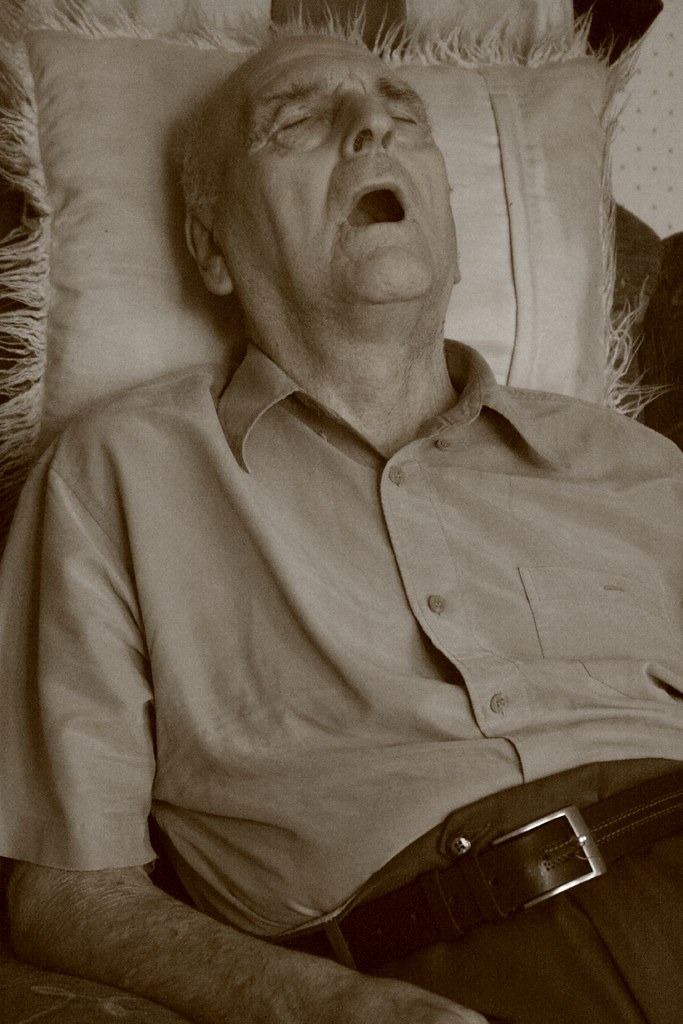Thursday, 10 March 2016
People And Places
People And Places
Father
me like a sheaf of wheat, the way a dog shakes
a snake, as if he meant to knock out my tongue
and grind it under his heel right there
on the kitchen floor. I never remembered
what he said or the warnings he gave; she
always told me afterwards, when he
had left and I had stopped my crying. I
was eleven that year and for seven more years
I watched his friends laughing and him
with his great hands rising and falling
with every laugh, smashing down on his knees
and making the noise of a tree when it cracks
in winter. Together they drank chokecherry
wine and talked of dead friends and the
old times when they were young, and because
I never thought of getting old, their
youth was the first I knew of dying.
Sunday before church he would trim
his fingernails with the hunting knife
his East German cousins had sent, the same
knife he used for castrating pigs and
skinning deer: things that had nothing
to do with Sunday. Communion once
a month, a shave every third day, a
good chew of snuff, these were the things
that helped a man to stand in the sun for
eight hours a day, to sweat through each
cold hail storm without a word, to freeze
fingers and feet to cut winter wood, to do
the work that bent his back a little more
each day toward the ground.
gave presents, unwrapped and bought
with pension money. He drinks mostly coffee
now, sleeping late and shaving everyday.
Even the hands have changed: white, soft,
unused hands. Still he seems content
to be this old, to be sleeping in the middle
of the afternoon with his mouth wide open as if there
is no further need for secrets, as if he is
no longer afraid to call his children fools
for finding different answers, different lives.
By
Dale Zieroth (1946-Present)
Born in Neepawa
War And Hope
War And Hope
By John McCrae
By Dorothy Parker
"In Flanders Fields" by John McCrae is a timeless poem about all the soldiers that died in World War One. It is one of the most famous war memorial poems in the world, and is still relevant to many people today. However, I think that "Résumé" by Dorothy Parker can be applied to more people in this day and age. The short, eight line poem has a theme of suicide, and talks about all the downsides of attempting suicide, such as razors hurting, drugs causing cramps, gas smelling bad, and nooses giving out, and ends with the statement, "You might as well live." I think this poem is relevant because suicide is very common, even in countries like Canada, so denouncing it might make someone change their mind about killing themselves. World War One, on the other hand, is long over, so even though "In Flanders Fields" can still hold relevance to people, it cannot be directly applied to anyone anymore. In conclusion, "Résumé" has a more modern theme than "In Flanders Fields," making it a more relevant poem to the people of today.
Love And Loneliness
Love And Loneliness
Love
Loneliness
Love and Loneliness
(A poem with borrowed lines)
My love with her was a beautiful thing
Set to be sealed with a diamond ring
She was the light of my life; she shined so bright
But that light was put out on one fateful night
Now I sit in the graveyard, cold and lowly
Crying for one who is now lying lonely *
And as life slides past and I remain alone
The cold grip of loneliness chills me to the bone
Who will bury me when I die? **
When I'm gone, who's there to cry?
Some people may say love's a game meant to amuse
But in time, we find it's a game we always lose
* Line borrowed from "Lost Jimmy Whelan" by an unknown author
** Line borrowed from "Wabanaki Song" translated by Charles G. Leland
Subscribe to:
Comments (Atom)
